Senate Fails to Pass USA Freedom Act but Blocks NSA Phone Data Collection
The USA Freedom Act didn't get the 60 Senate votes needed to pass Saturday Yet, in what Truthdig Editor-in-Chief Robert Scheer calls "a big victory for all who fear uncontrolled government surveillance," the legislative body was unable to extend the NSA phone data collection program .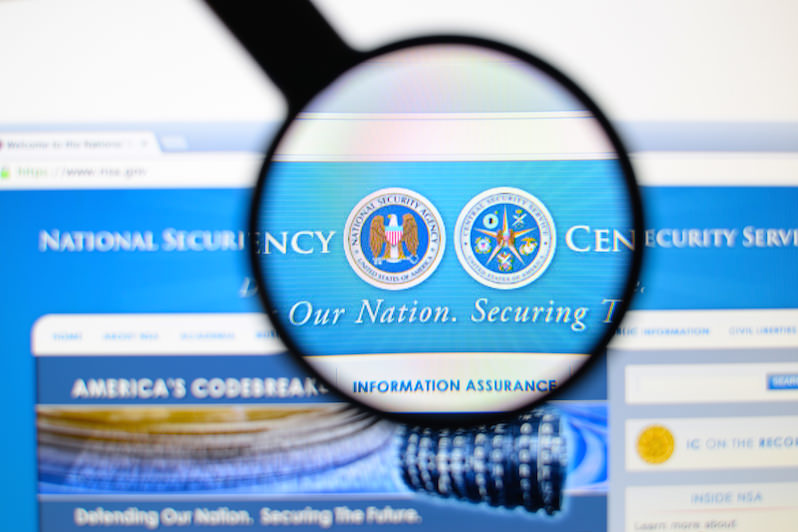
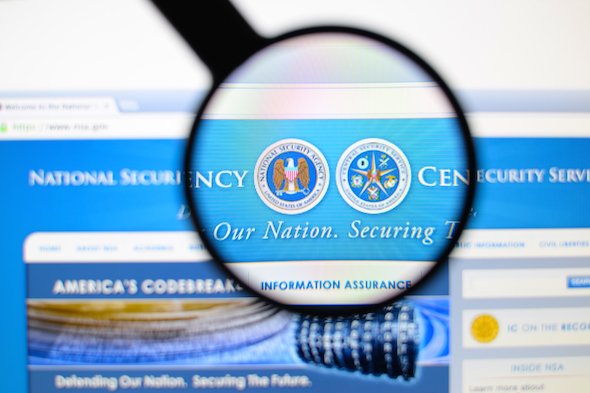
The USA Freedom Act, which would partly curtail the National Security Agency’s mass surveillance, didn’t get the 60 Senate votes needed to pass Saturday. Yet, in what Truthdig Editor-in-Chief Robert Scheer calls “a big victory for Rand Paul and for all who fear uncontrolled government surveillance,” the legislative body was unable to extend the NSA phone data collection program. Scheer mentions the Kentucky senator because of his 10-hour, 30-minute filibuster Wednesday in which he aimed to prolong the voting process and put an end to the Patriot Act.
And while the Senate will have to try again May 31, as The New York Times points out, any measure to allow the continuation of NSA mass surveillance will be tough to get through the House of Representatives, which voted overwhelmingly for the USA Freedom Act.
From The New York Times:
After vigorous debate and intense last-minute pressure by Republican leaders, the Senate on Saturday rejected legislation that would end the federal government’s bulk collection of phone records.
With the death of that measure — passed overwhelmingly in the House earlier this month — senators then scrambled to hastily pass a short-term measure to keep the program from going dark when it expires June 1 but failed. The disarray in Congress appeared to significantly increase the chances that the government will lose systematic access to newly created calling records by Americans, at least temporarily, after June 1…“Any extension is going to be problematic in the House,” said Representative Adam B. Schiff of California, the ranking Democrat on the House Intelligence Committee. Mr. Schiff noted that many of the votes against the measure in the House were by members who didn’t think it went far enough. The matter is likely to come up after the one-week recess.
Even if both chambers do agree to an extension of the statute, the program might still lapse. President Obama would have to make the legal and political decision to ask the nation’s intelligence court for a new order authorizing the bulk phone logs program, and a Federal District Court judge on the court would have to agree that he was authorized to issue such an order, even though a federal appeals court recently ruled that the statute cannot be legitimately interpreted to permit bulk collection.
Read more.
—Posted by Natasha Hakimi Zapata
Independent journalism is under threat and overshadowed by heavily funded mainstream media.
You can help level the playing field. Become a member.
Your tax-deductible contribution keeps us digging beneath the headlines to give you thought-provoking, investigative reporting and analysis that unearths what's really happening- without compromise.
Give today to support our courageous, independent journalists.

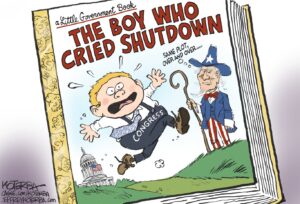
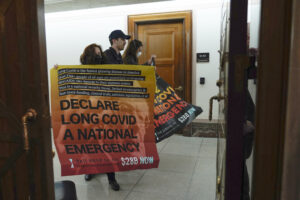

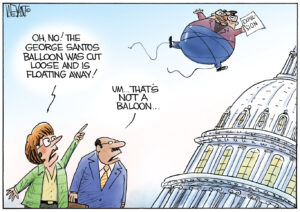

You need to be a supporter to comment.
There are currently no responses to this article.
Be the first to respond.